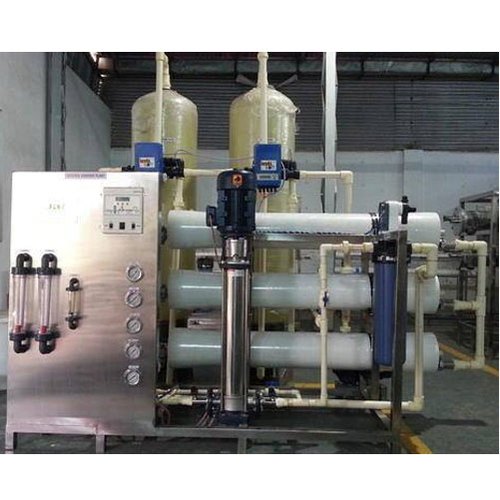
SCHEDULE : 08-10 JUNI 2020
PLACE : SURABAYA
DURATION : 3 DAYS
OBJECTIVE
Upon completion, the participant should be able to:
- Define and implement cleaner production activities, industrial water management strategies for pollution and toxicity prevention
- Define the most commonly applied wastewater treatment technologies and explain their most suitable industrial waste treatment applications as well as their advantages and disadvantages
- Select the most appropriate treatment technology and design a wastewater treatment train (sequence of treatment processes) to treat an industrial effluent stream for a selected industry
- Define and describe sludge handle and sludge treatment and explain the needs for sludge handle and treatment activities in the context of industrial wastewater treatment
- Design sludge thickeners and anaerobic sludge digesters and describe sludge drying and incineration processes
- Recognize wastewater treatment technologies applied to industrial waste treatment and analyze industrial waste schemes from case studies presented from a diverse range of industries
- Integrate cleaner production, industrial water management, wastewater treatment processes, and sludge handling and disposal in the design on an industrial waste treatment process for a selected industry
PARTICIPANT
Mid-career professionals dealing with the technical, environmental, and management aspects pertaining to industrial pollution control, wastewater treatment, residuals/waste minimization, and disposal and reuse.
COURSE CONTENT
- Cleaner Production: i) Trend-setting introduction of industrial pollution; ii) Theoretical concept of Eco-efficiency; iii) What is cleaner production; iv) Financial benefits of cleaner production; and v) A future prospective.
- Industrial Water Management: i) Impact of industry on water resources; ii) Industrial water quality; iii) Water audit; iv) Waste minimization; v) Treatment options; vi) Appropriate technology; and vii) Implementation.
- Toxicity in Industrial Wastewater: i) Measures of toxicity; ii) Kinetics Models for toxic substrates; and iii) Dealing with toxicity.
- Physical Chemical Processes: i) Contaminants/classes and process selection; ii) Physical‑chemical transformation processes; iii) Physical-chemical separation processes; and iv) Coagulation/flocculation.
- Anaerobic Industrial Wastewater Treatment: i) Anaerobic high-rate treatment of industrial wastewater; ii) UASB reactors; iii) EGSB reactors; iv) EGSB/IC reactors; and v) Industrial treatment examples.
- Sludge Management: i) Sludge conditioning; ii) Sludge thickening; iii) Sludge stabilization; and iv) Sludge dewatering.
- Case studies: i) Steel industry; ii) Tannery; iii) Aquaculture; iv) Industrial practices: potato, sugar, tannery, and yeast; v) Sugar, steel, and water reclamation; vi) Resources recovery; vii) Water management/water reuse (membrane bioreactors); viii) Refinery; ix) Leachate treatment; x) Metal surface protection by advanced wastewater treatment; xi) Brewery industry; xii) Sludge drying; and xiii) Sludge incineration.
INSTUCTOR
Solid Corp Trainer Teeam
FACILITIES
Facilities of course :
üCertificate,
ü Hand Out,
üQuality Training Kit ,
üQuality Training Material (Hardcopy And Softcopy)
üConvenient Training Facilities At Stars Hotel, Lunch & 2 X Coffee Breaks,
Souvenir.





